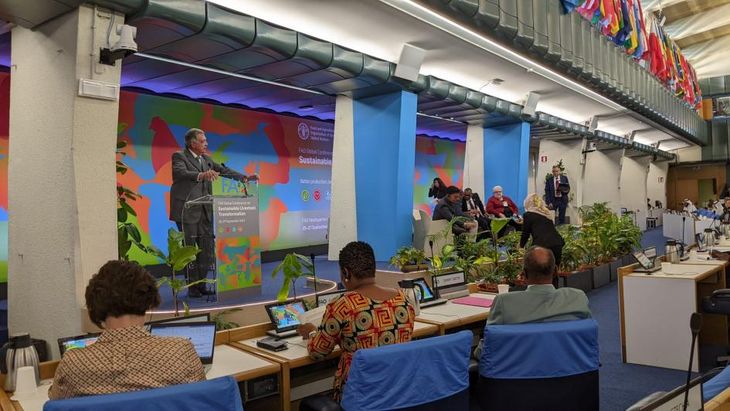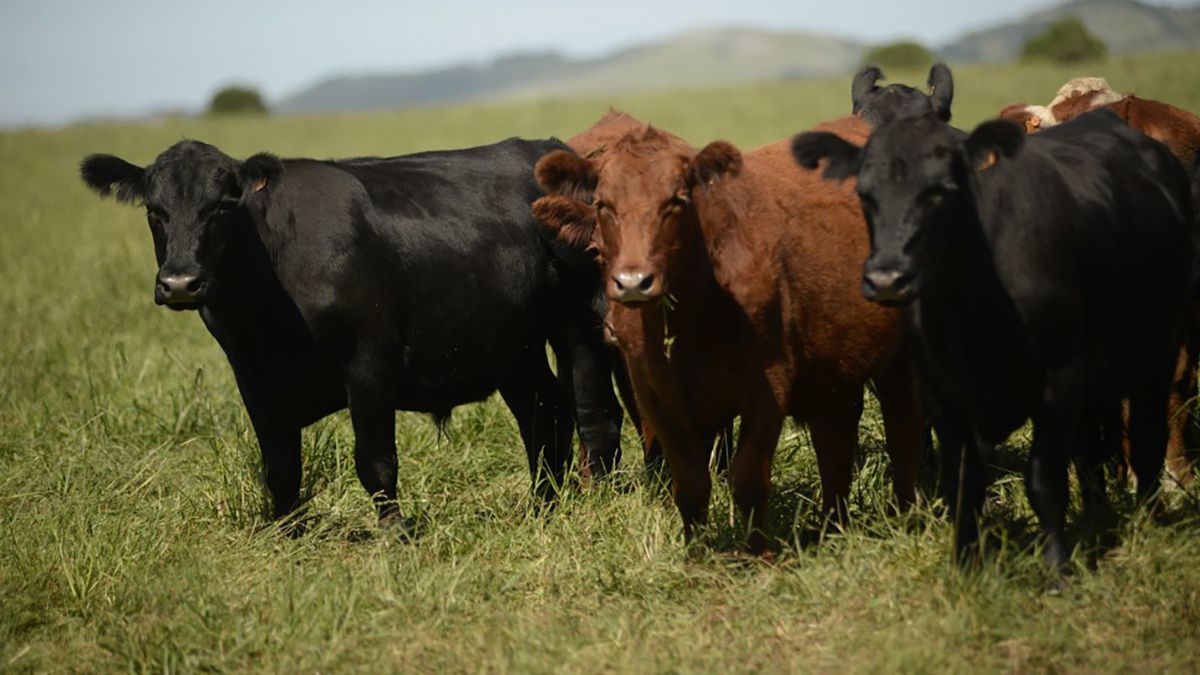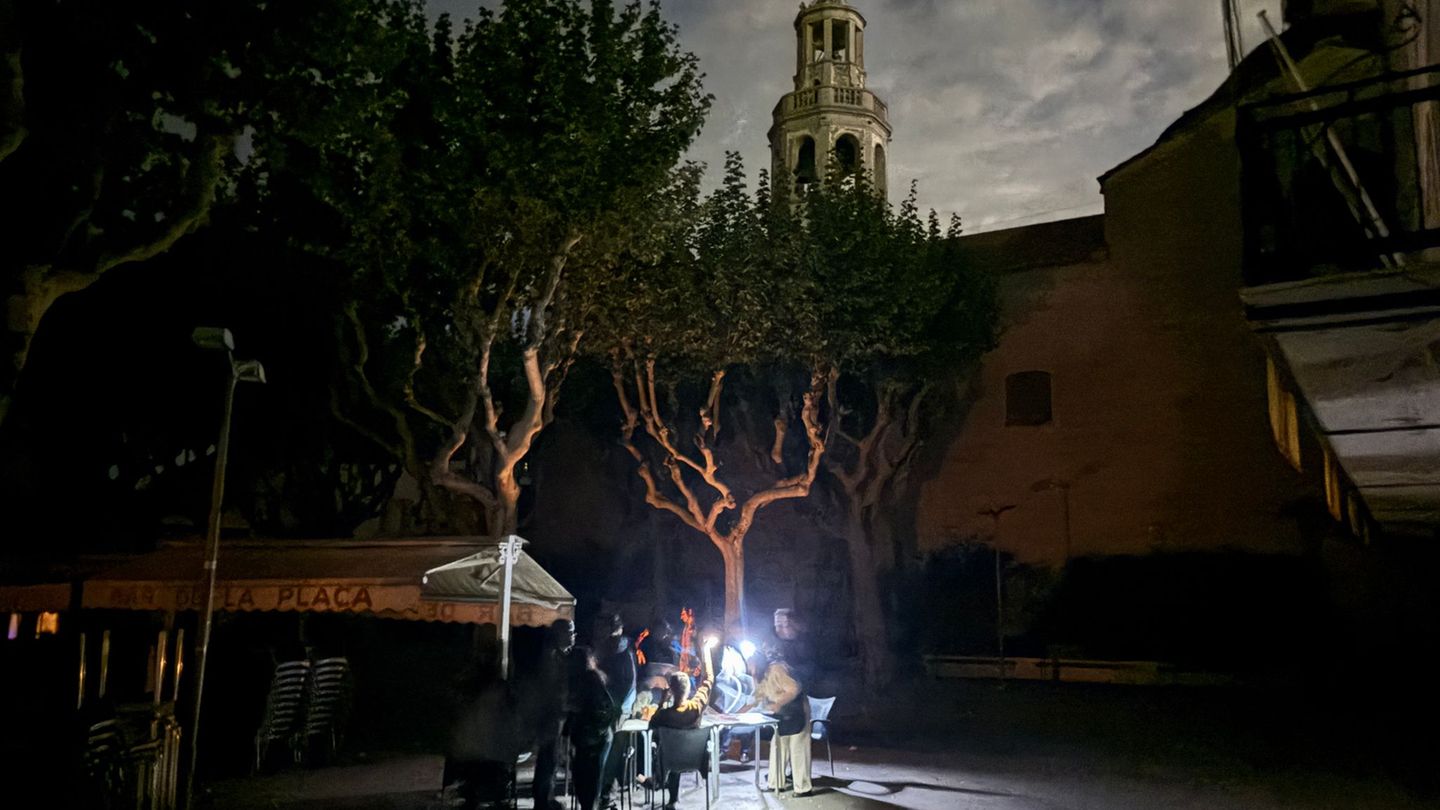The Minister of Livestock, Agriculture and Fisheries questioned the restrictions on exports by developed countries.
The minister of Livestock, Agriculture and Fishing, Fernando Mattos, spoke of “environmental neoprotectionism” when referring to the “barriers to trade” proposed by some developed countries of the European Union and its impact on the exports from the country.
The content you want to access is exclusive to subscribers.
“Today, barriers to trade are appearing, such as Green Deal of the European Union”, warned Mattos, in the midst of negotiations between Mercosur and the EU and maintained that this action against climate change “places environmental restrictions on food exports, which points towards protectionist policies that harm food-producing countries,” such as Uruguay.


The leader expressed himself this way during his speech at the First World Conference of the FAO on the Sustainable Transformation of Livestock Farming, which takes place in Rome. There, he postulated that “the problem of global warming cannot be attributed to livestock farming, but rather to consumption and human activity in general.”
The owner of the MGAP He gave the pandemic as an example, “where the health of the planet quickly improved due to the reduction in human activity due to confinement,” which is why he insisted: “Today we are clear that livestock farming is not the problem, but it can be part of the solution.” to climate change.”
Fernando Mattos, Minister of Livestock.jpg

Photo: MGAP
Livestock activity and the conservation of natural resources
At a time when there is concern in the agricultural sector about the EU’s environmental initiatives, Mattos participated in the call, focused on animal production for human consumption and based on four principles: better production, better environment, better nutrition and better health, with more efficient, inclusive, resilient and sustainable systems.
There, the leader highlighted that “Uruguay It is a young country that has more than 400 years of livestock history” and maintained that “livestock farming occupies most of the territory, with a high level of conservation of our natural resources and more than 50% of the surface on natural fields.”
Finally, he pointed out: “It is the animals that protect the biodiversity of the Uruguay. “Livestock shaped the country and has become a fundamental pillar of society and the economy.”
Source: Ambito




